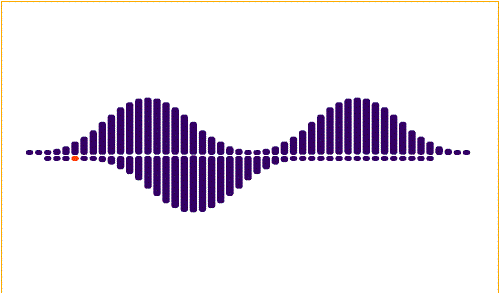Socialism:
1.
a theory or system of social organization that advocates the vesting of the ownership and control of the means of production and distribution, of capital, land, etc., in the community as a whole.
2.
procedure or practice in accordance with this theory.
3.
(in Marxist theory) the stage following capitalism in the transition of a society to communism, characterized by the imperfect implementation of collectivist principles.
http://www.dictionary.com/browse/socialism
- An economic concept that proposes equal ownership of property, whether by government or individuals. Decisions are made by a controlling party and instead of a democratic approach, socialism removes group decision making in favor of the ruling individual.
- Socialism applies to economic systems.
- Believes socialism and capitalism can coexist.
- High taxation costs are passed down from the rich to the poor and the small and medium sized businesses are usually particularly hit hard. The costs passed down serve to drive those who were struggling down even more, thus creating a very hard hit to the overall economy.
- “Democracy and socialism have nothing in common but
one word, equality. But notice the difference: while democracy seeks
equality in liberty, socialism seeks equality in restraint and
servitude.”
-- French historian and political theorist Alexis de Tocqueville
- Socialism assumes the basic nature of people is cooperation and not competition. Capitalism thrives on competition.
Democratic Socialism: The factors of production are
managed by a democratically-elected government.Central planning
distributes common goods, such as mass transit, housing, and energy,
while the free market is allowed to distribute consumer goods. (Source:
Democratic Socialists of America.)
- Profits spread equally among people. Healthcare, education provided with no discrimination. Work for the good of the whole.
- Disadvantage: discourages competition and entrepreneurship. Not as innovative as capitalism. Possibility that those in control will abuse their power and take more and more power for themselves.
- Resources are allotted by personal input or amount of work.
- They believe everyone will benefit as long as the capitalism is controlled by the central planning system.
Communism:
1.
a theory or system of social organization based on the holding of all property in common, actual ownership being ascribed to the community as a whole or to the state.
2.
(often initial capital letter) a system of social organization in which all economic and social activity is controlled by a totalitarian state dominated by a single and self-perpetuating political party.
3.
(initial capital letter) the principles and practices of the Communist Party.
http://www.dictionary.com/browse/communism
- Communism applies to both economic and political systems.
- Directly opposes capitalism.
- Advocates economic equality and state ownership of various goods and services.
- Resources allotted by need.
- Some believe communism is a "higher" or more extreme socialism.
- People are equally provided for regardless of their contribution.
Difference Between Socialism, Capitalism and Communism
| Attribute | Socialism | Capitalism | Communism |
|---|
| Factors of production are owned by | Everyone | Individuals | Everyone |
|---|
| Factors of production are valued for | Usefulness to people | Profit | Usefulness to people |
|---|
| Allocation decided by | Central plan | Law of demand and supply | Central plan |
|---|
| From each according to his | Ability | Market decides | Ability |
|---|
| To each according to his | Contribution | Income, wealth and borrowing ability | Need |
|---|
http://useconomy.about.com/od/US-Economy-Theory/fl/Socialism-Types-Pros-Cons-Examples.htm
Capitalism:
1.
an economic system in which investment in and ownership of the means of production, distribution, and exchange of wealth is made and maintained chiefly by private individuals or corporations, especially as contrasted to cooperatively or state-owned means of wealth.
http://www.dictionary.com/browse/capitalism
If we were to embrace Democratic Socialism in America, what would it look like? Granted we do have a few things that are on the socialist side such as social security and public schools . It scares me to think of Congress as the central planning system. I also look back on the times the government has tried to run different areas of our country. I recall the mess of them running Amtrak and the Postal system. The public schools are struggling and Social Security is on the brink of running out of money. The government's latest adventure into healthcare is a questionable socialist gambit. Some would argue it is wonderful, while others feel it is costing them a prohibitive amount more.
The cost of higher education has gone up and up and many would like it to be covered by the government such as K-12 is. What would happen to the college professors? Would free college serve to shut down private colleges and universities? What about faith based schools, if the government pays the bills, would the government also "call the shots"?
There are so many questions to be answered and I'm sure you can think of many more. Instead of thinking in the short term, maybe we should be considering where we would like to see America in say, ten years. What I see happening now has to change. It concerns me to see special interest bullies threaten the entire country because they may not get their way. Whether or not a person is wanting Trump for president, the fact that those for him are being bullied and threatened. What seems to be happening this election cycle is almost anarchy. Let everyone vote and decide for themselves, majority rule is what America was initially founded on. There have been more than once that I have not particularly cared about the national choice for President, but I support your freedom to choose whomsoever you wish.

